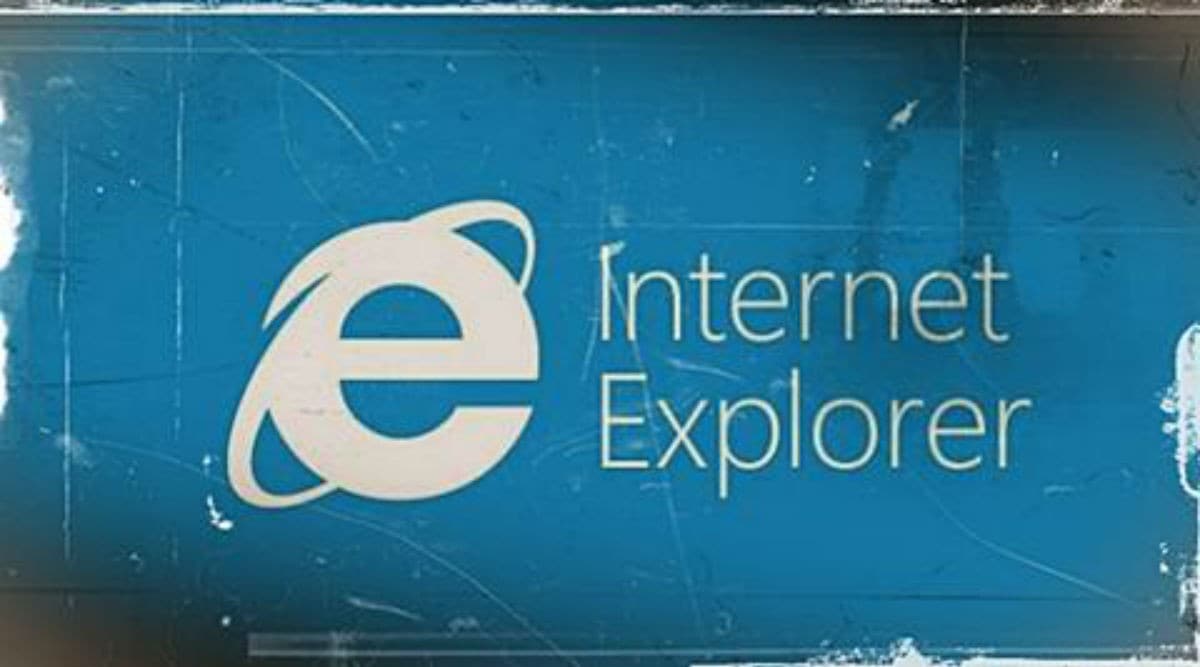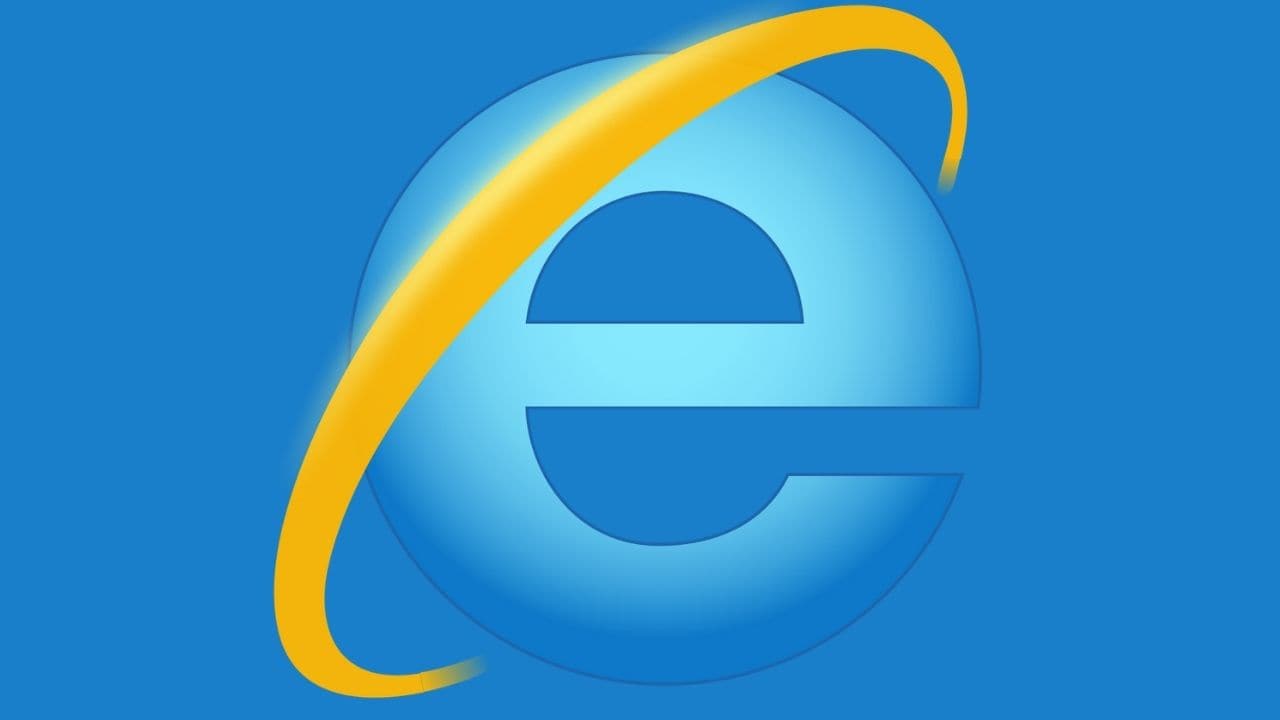Search the world's information, including webpages, images, videos and more. Google has many special features to help you find exactly what you're looking for. Internet Explorer in Windows 10 isn't obvious since Microsoft favors the Edge browser, but it is there and doesn't require any download. You can find Internet Explorer in Windows 10 through search, in the start menu, or using Cortana. Pinning Internet Explorer to the taskbar is the easiest way to keep it handy in Windows 10.
The new browser recommended by Microsoft is here
Get speed, security, and privacy with the new Microsoft Edge .
Your browsing history is the info that Internet Explorer stores on a PC as you surf the web. To help improve your experience, this includes info you've entered into forms, passwords, and sites you've visited. However, if you're using a shared or public PC, you may not want Internet Explorer to save your history.
View your browsing history and delete specific sites
By viewing your browsing history, you can choose to delete specific sites, or return to a webpage that you've already visited.
In Internet Explorer, select the Favorites button.
Select the History tab, and choose how you want to view your history by selecting a filter from the menu. To delete specific sites, right-click a site from any of these lists and then select Delete. Or, return to a page by selecting any site in the list.


Official Download—Get the latest IE internet browser for your system. Internet Explorer 9, Internet Explorer 10, and Internet Explorer 11 web browsers.
Delete your browsing history
Regularly deleting your browsing history helps protect your privacy, especially if you're using a shared or public PC.

In Internet Explorer, select the Tools button, point to Safety, and then select Delete browsing history.
Choose the types of data or files you want to remove from your PC, and then select Delete.
What gets deleted when you delete your browsing history

Official Download—Get the latest IE internet browser for your system. Internet Explorer 9, Internet Explorer 10, and Internet Explorer 11 web browsers.
Delete your browsing history
Regularly deleting your browsing history helps protect your privacy, especially if you're using a shared or public PC.
In Internet Explorer, select the Tools button, point to Safety, and then select Delete browsing history.
Choose the types of data or files you want to remove from your PC, and then select Delete.
What gets deleted when you delete your browsing history
Internet Explorer App
Types of info | What gets deleted | Internet Explorer version |
|---|---|---|
Browsing history | The list of sites you've visited. | All |
Cached images temporary Internet files | Copies of pages, images, and other media content stored on your PC. The browser uses these copies to load content faster the next time you visit those sites. | All |
Cookies | Info that sites store on your PC to remember your preferences, such as your sign-in or your location. | All |
Download history | The list of files you've downloaded from the web. This only deletes the list, not the actual files you've downloaded. | Only Internet Explorer 11 and Internet Explorer 10 |
Form data | Info that you've entered into forms, such as your email or a shipping address. | All |
Passwords | Passwords that you've saved for sites. | All |
Tracking Protection, ActiveX Filtering, and Do Not Track data | Websites you've excluded from ActiveX Filtering, and data that the browser uses to detect tracking activity. | All |
Favorites | The list of sites that you've saved as favorites. Oracle java download for mac. Don't delete favorites if you only want to remove individual sites—this will delete all of your saved sites. | All |
InPrivate filtering data | Saved data used by InPrivate Filtering to detect where sites might be automatically sharing details about your visit. | Only for Internet Explorer 9 and Internet Explorer 8 |
Internet Explorer 8
Note: For working with browsing history in Microsoft Edge, see View and delete browser history in Microsoft Edge.
